The Messiah is the central figure of the largest religion in the world, as Christianity was formed around Jesus’ messiahship. Judaism also gives the Messiah a special and high position, although it denies that Jesus was the Messiah, so the Jews continue to wait for the coming of their Messiah.
The Qur’an confirms the Christian belief that Jesus was the Messiah but it has fundamental differences with the Christian representation of the Messiah. Islam has even more differences with the Jewish concept of the Messiah.
This book compares the concept of “Messiah” in Judaism, Christianity, and Islam. It examines the portrayal of the Messiah in the Old Testament and other Jewish writings, the New Testament, and the Qur’an. It develops a picture of how this concept appeared, what it originally represented, and how it was changed over time by different believers. The study shows why and how the Messiah was developed in Judaism into a military king whose main role is to re-establish Israel and restore its glory. It also explains how Christianity turned this victorious Jewish warrior into a suffering spiritual king.
The author’s ultimate goal is to show that the Qur’anic Messiah is the historical one. Neither a victorious royal with a political agenda nor a defeated spiritual teacher who ended up on the cross, the Messiah was a prophet sent by God. This new critical reading of the history of the Messiah challenges deep-rooted prejudices and misunderstandings about this concept.
This focused study of the concept of “Messiah” in the scriptures and other religious sources covers:
• The Messiah in Judaism, Christianity, and Islam
• An Islamic reading of the history of the concept of “Messiah”
• Unhistorical images of the Jewish and Christian Messiahs
• The misrepresentation of the Messiah as a king
• The second coming of the Christian Messiah

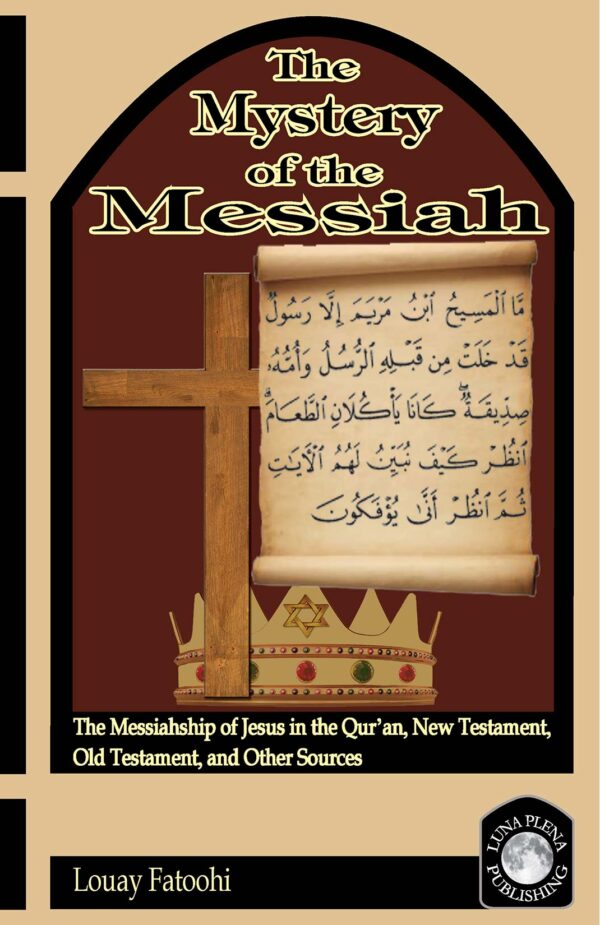
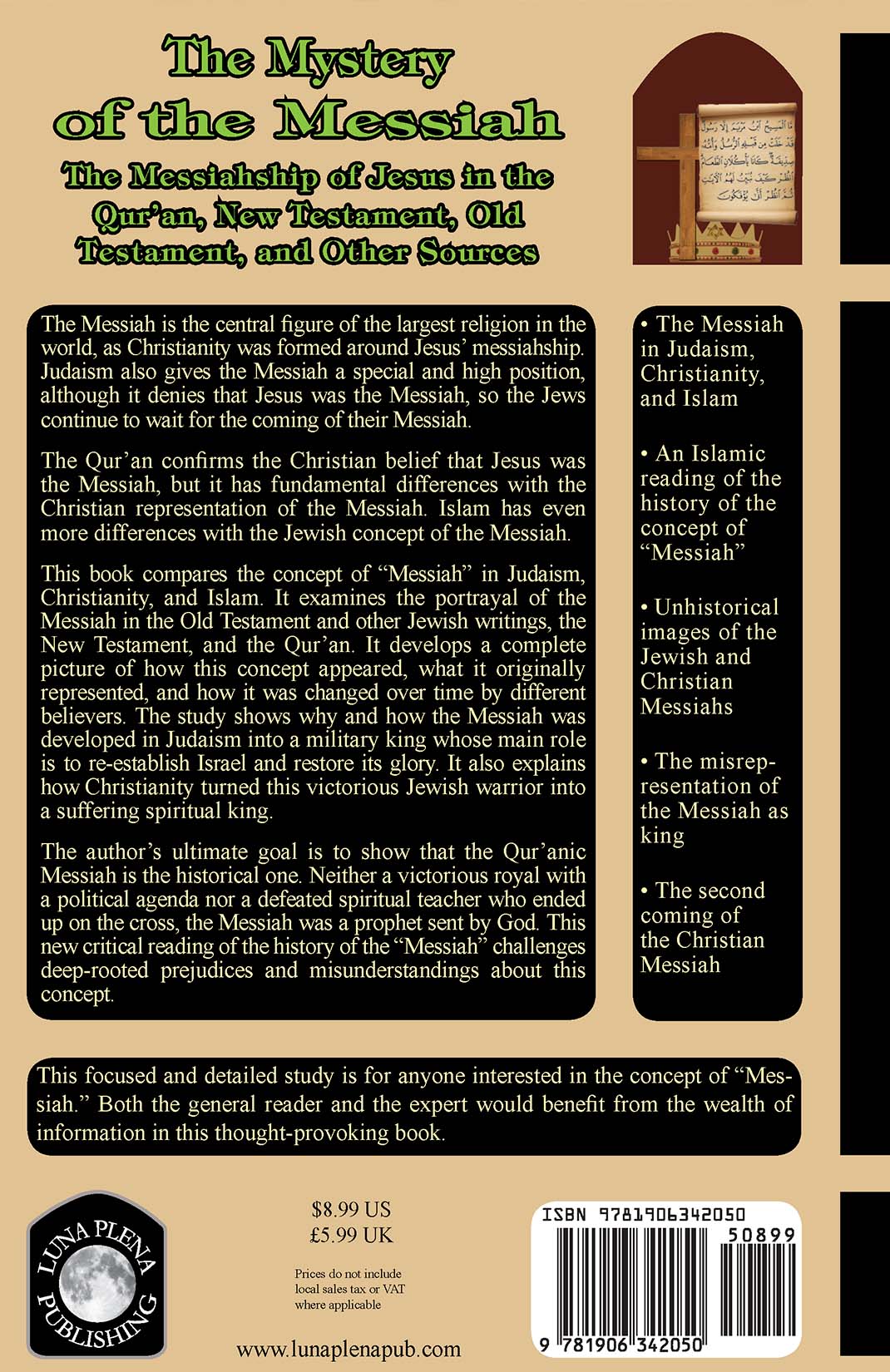
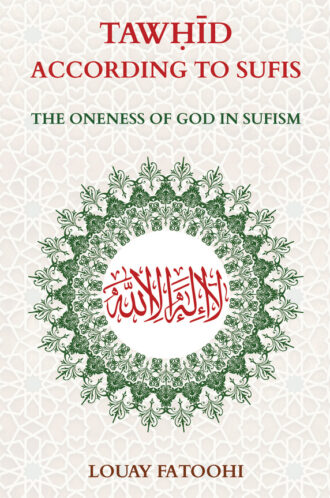
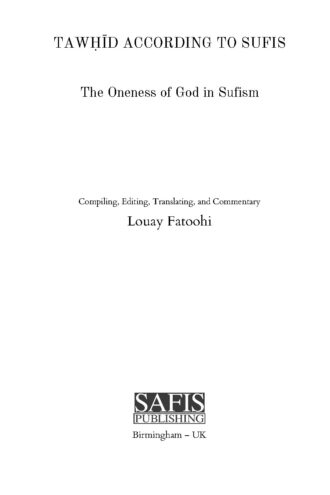
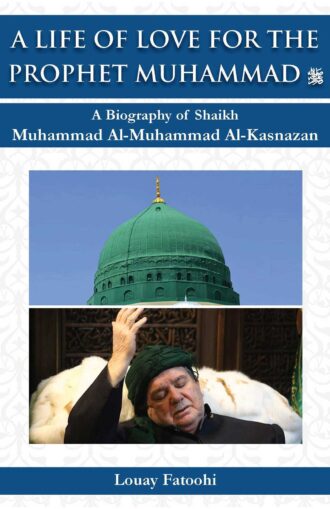
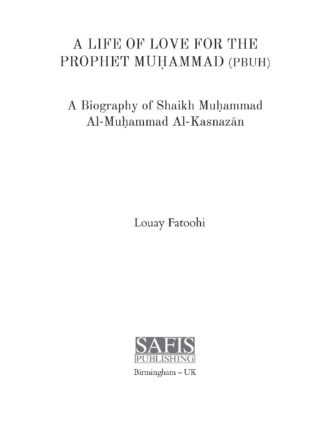
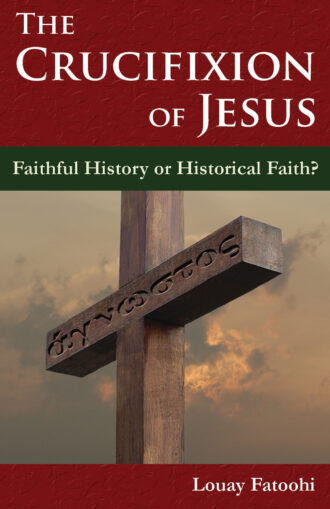
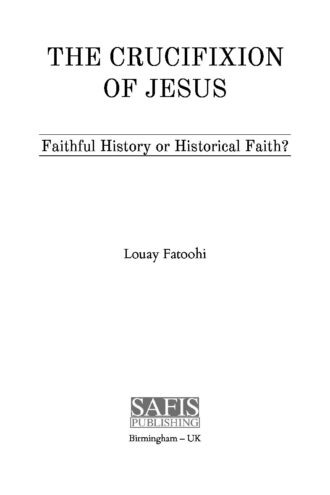
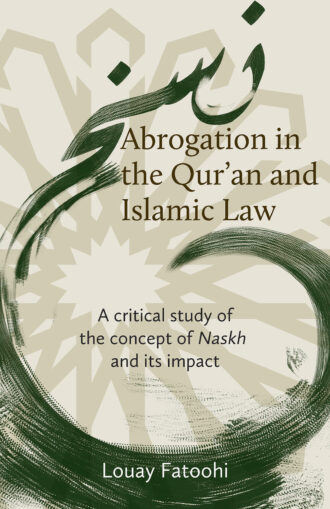
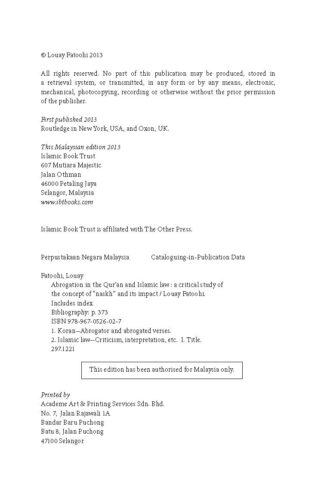
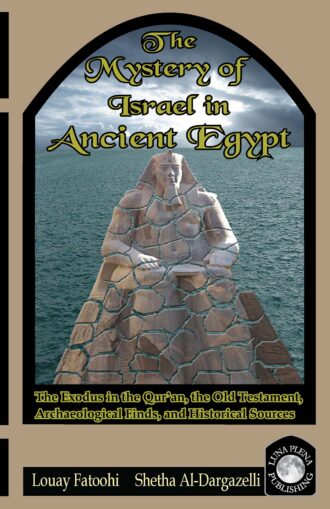
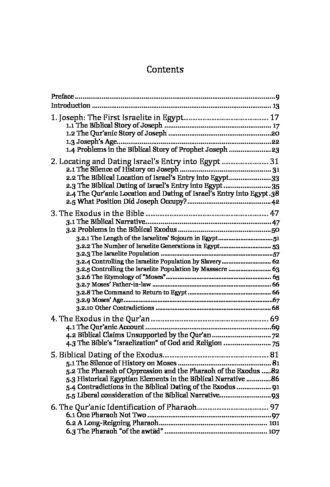
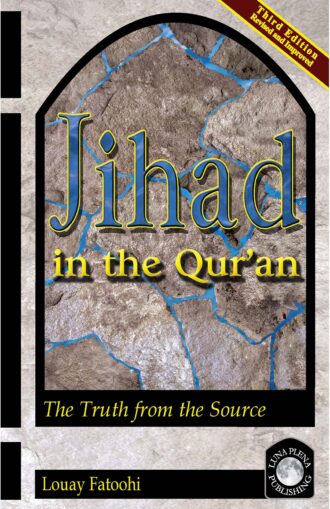
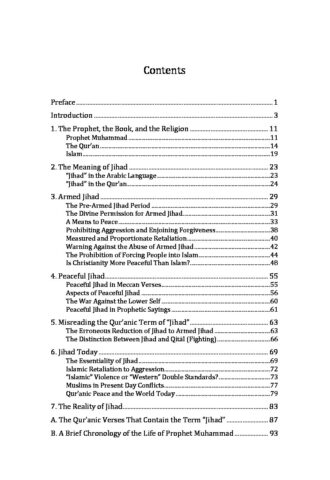
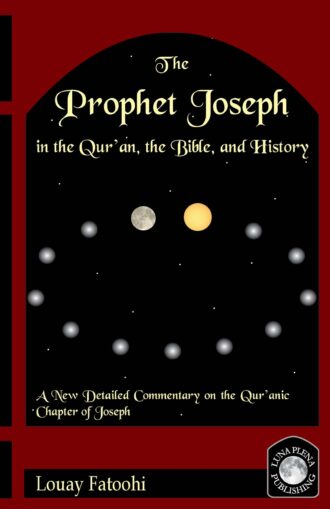
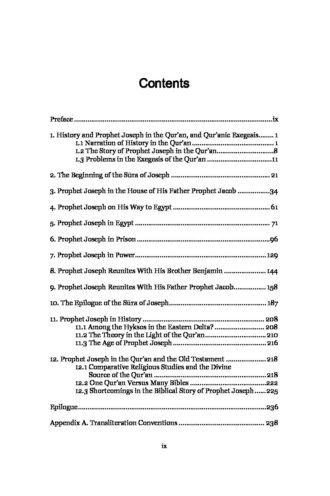
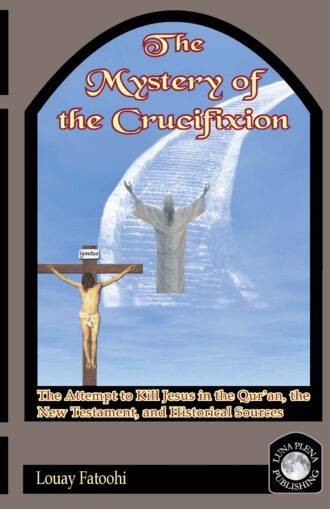
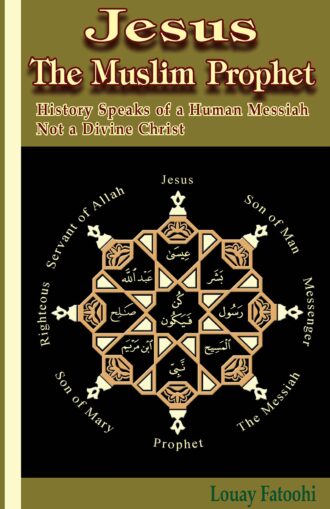
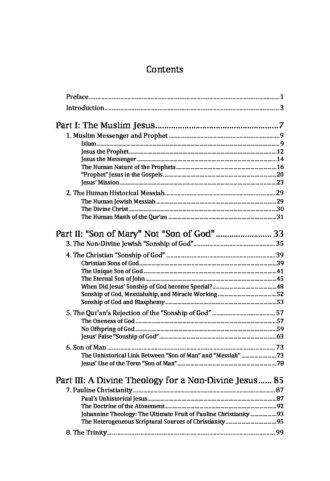
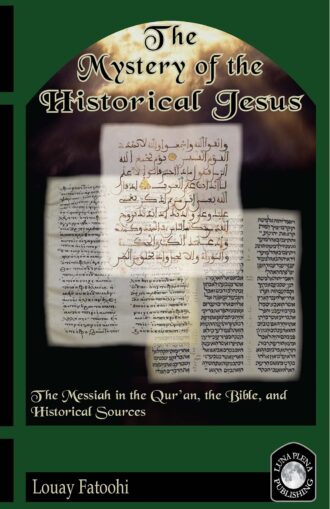
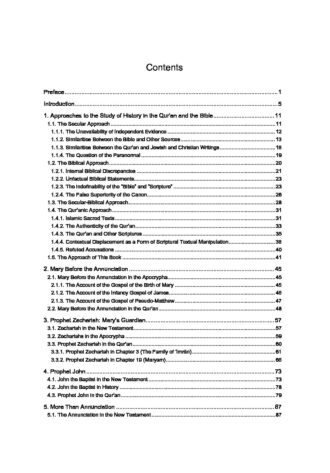
Reviews
There are no reviews yet.